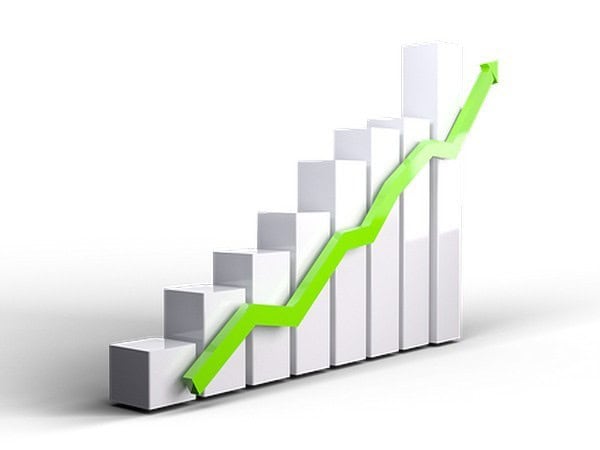Dubai: The International Monetary Fund on Monday raised its growth forecast for the world’s top crude exporter Saudi Arabia, citing higher oil prices.
In its World Economic Outlook update, the IMF said the Saudi economy — which contracted by 0.9 percent last year — would grow by 1.9 percent in 2018, up 0.2 percentage points from its April projections.
This is the third time since October that the organisation has raised its growth forecasts for the kingdom, reflecting soaring oil revenues which make up more than 70 percent of Saudi income.
However, it maintained its Saudi growth projections for 2019 at 1.9 percent on predictions that oil prices would moderate.
Oil prices have more than doubled since early 2016, when major producers struck a deal to cut output.
Last month, they agreed to boost output again to compensate for key supply disruptions in Venezuela and Libya, and in a bid to ease prices that have hit $80 a barrel.
The IMF also slightly increased its growth estimates for the Middle East, North Africa, Afghanistan and Pakistan as a whole to 3.5 percent for this year and 3.9 percent for 2019.
Oil exporters in the region “have benefited from the improved outlook for oil prices, but the outlook for oil importing countries remains fragile,” the IMF said.
“Several economies still face large fiscal consolidation needs and the threat of intensifying geopolitical conflict continues to weigh on growth in the region.”
Riyadh-based Jadwa Investment estimated Saudi Arabia would boost its oil output to 10.3 million barrels per day for 2018, up from 9.9 million bpd for the first six months.
To achieve that, the kingdom must pump around 10.6 million bpd until the end of 2018.
This will sharply cut Saudi Arabia’s budget deficit to around $30 billion (26 billion euros) from the projected $52 billion, Jadwa said in a report released last week.
Riyadh has posted a budget deficit for the past four consecutive years, borrowing from domestic and international markets and hiking fuel and power prices to finance the shortfall.
It also introduced a five percent value-added tax at the start of 2018.
Since 2014, Saudi budget deficits have totalled $260 billion.
AFP

